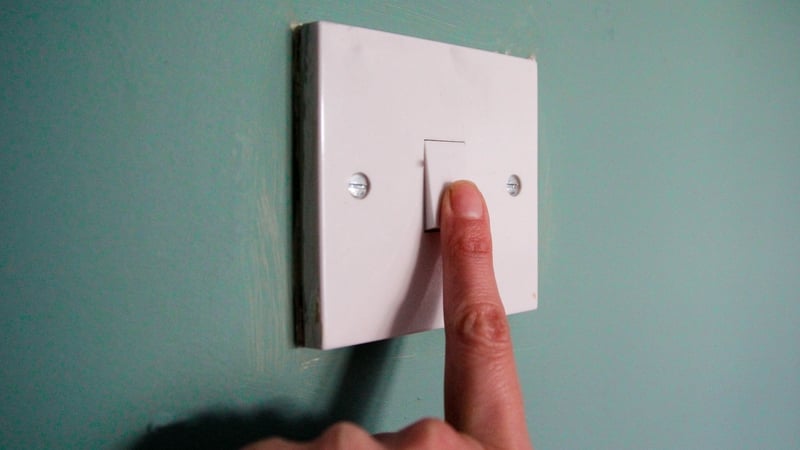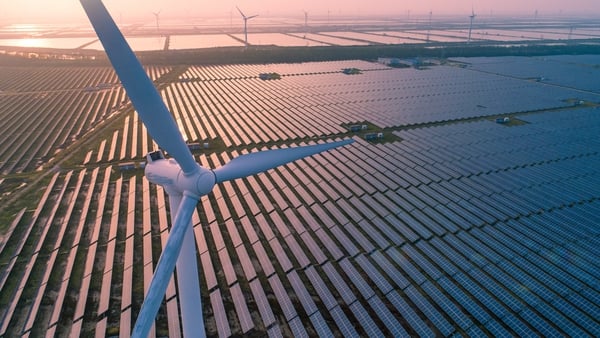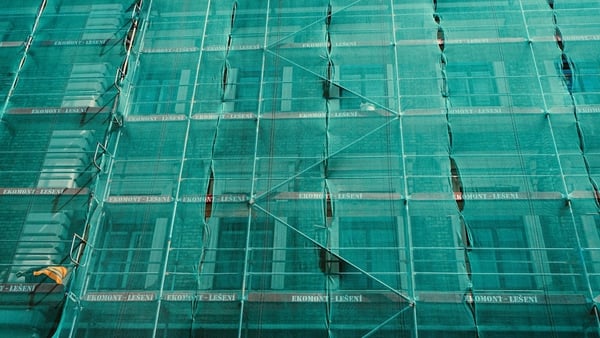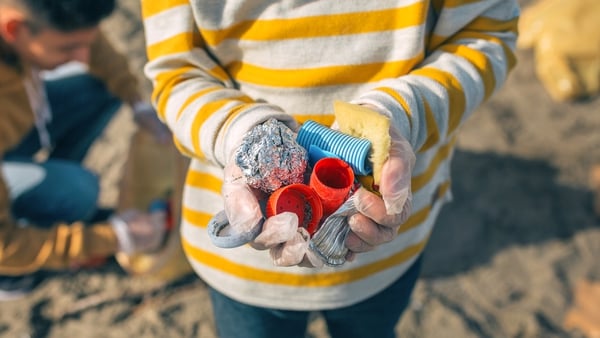Opinion: as Ireland continues to faces an energy crisis, we all need to do our part in saving energy, but not at the expense of our comfort
We may be compromising our comfort to reduce our electricity costs as many people turn off or lower their air conditioning or heating systems to save money on electricity bills. However, it is also important to note that advances in technology have made it possible to reduce energy costs without sacrificing comfort. For example, energy-efficient appliances and LED light bulbs can help reduce energy usage without compromising comfort.
How we choose to meet thermal comfort significantly influences how efficient our home is in terms of energy usage. As we spend approximately 90% of our time indoors, this substantially impacts on our health and well-being. Even though technological solutions help strike a balance between cost and comfort, our decisions can render technical remedies useless, increasing energy expenses or impacting our thermal comfort. This may not have had much impact on energy costs in Irish households in the past, but increased energy costs means each and every kW matters. The only cheap unit of energy is the unit never used!
We need your consent to load this rte-player contentWe use rte-player to manage extra content that can set cookies on your device and collect data about your activity. Please review their details and accept them to load the content.Manage Preferences
From RTÉ Radio 1's Morning Ireland, what effect could heat pumps have on electricity costs?
Despite our bad practices, we have been able to enjoy comfortable and warm homes with measures like the Government's Electricity Costs Emergency Benefit Scheme to help alleviate domestic electricity costs. However, the thought of what lies ahead after the last payment of this low-hanging fruit is quite alarming. Are we preparing enough for next winter?
With the increasing cost of electricity, some people are taking steps to reduce their usage, such as turning off lights and lowering the thermostat. Sometimes, we shift our consumption patterns to times when electricity is cheaper. However, this can lead to discomfort, particularly during cold winters. There is also a concern that some people may avoid using essential appliances, such as heaters and hot water, to save on electricity costs. This can have a negative impact on their health and well-being, particularly for vulnerable groups such as the elderly or those with health conditions.
We need your consent to load this rte-player contentWe use rte-player to manage extra content that can set cookies on your device and collect data about your activity. Please review their details and accept them to load the content.Manage Preferences
From RTÉ Brainstorm, wearing a woolly jumper out is one action to counter climate change - and is cheaper and handier than retrofitting your house
How people use their electricity often depends on whether they are using a pre-paid or post-pay electricity system. Customers are often more aware of their electricity usage in a pre-paid setting as they can see their credit decreasing in real-time. This can encourage them to be more mindful of their electricity consumption and to make more conscious decisions about their energy usage. On the other hand, a post-paid electricity system can sometimes lead to customers being less aware of their energy usage and, therefore, more likely to waste electricity without realizing the cost implications.
In addition, how we consume electricity can differ depending on whether the electricity bill is included in the rent. If the electricity bill is included in the rent, tenants may not be as aware of the actual cost of their energy usage. Since they are not paying the bill directly, they may be less likely to monitor their energy usage and may be more likely to waste electricity. This can lead to higher energy consumption and, ultimately, higher costs for the landlord, who may pass on the cost to the tenants through higher rents.
We need your consent to load this rte-player contentWe use rte-player to manage extra content that can set cookies on your device and collect data about your activity. Please review their details and accept them to load the content.Manage Preferences
From RTÉ Radio 1's The Business, Norman Crowley from Cool Planet's tips and tricks to save electricity and energy
On the other hand, if tenants are responsible for paying their own electricity bills, they may be more mindful of their energy usage and may take steps to reduce consumption to avoid higher bills. They may be more likely to turn off lights and appliances when not in use, and to use energy-efficient products, such as LED light bulbs and energy-efficient appliances. This can lead to reduced energy consumption and lower electricity bills.
Smart meters are far too smart for many of us. While they can help monitor our energy consumption and estimate energy costs, it's worth considering whether these tools are intended to improve our comfort, health and well-being or just to save energy. Unfortunately, there can be a fine line between being adaptive and being uncomfortable. In our efforts to save energy costs, we may inadvertently adopt an indoor living style that is uncomfortable or even detrimental to our health.
We need your consent to load this rte-player contentWe use rte-player to manage extra content that can set cookies on your device and collect data about your activity. Please review their details and accept them to load the content.Manage Preferences
From RTÉ Radio 1's Today with Claire Byrne, advice on retrofitting your house from engineer, house-builder and Cheap Irish Homes co-presenter Kieran McCarthy
Let's put it in this perspective: saving energy may not be everyone’s personal goal, but saving the energy cost definitely is. We will still be using the same amount of energy, but may be at different times, when it is cheaper.
The Government's emphasis on retrofitting buildings to reduce their energy consumption and carbon emissions is evident in the National Climate Action Plan. Both government and energy companies are promoting energy efficiency measures and offering support to those struggling to pay their energy bills. But ongoing efforts are still required to ensure people can access affordable and comfortable energy services in Ireland. It is crucial to prioritise our comfort, health and well-being. Retrofitting our homes can be a worthwhile investment that saves energy costs and enhances indoor air quality. Many retrofitting solutions include meters and detectors to measure indoor air quality indirectly.
As Ireland continues to faces an energy crisis, we all need to do our part in saving energy, but not at the expense of our comfort. Energy-efficient options are available for warming our homes during the winter months that can also improve indoor air quality. Using a programmable thermostat, installing energy-efficient windows and doors, and using high-efficiency heating systems can save energy and reduce heating costs without sacrificing our comfort.
The views expressed here are those of the author and do not represent or reflect the views of RTÉ






